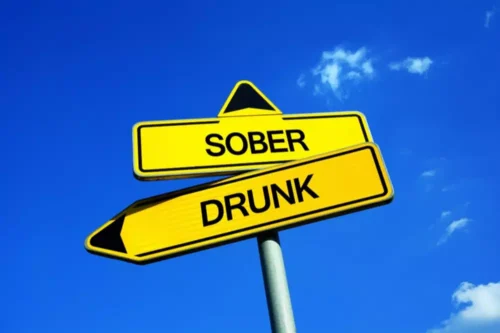Alcohol Tremors Explained Alcohol Shakes & What They Mean

If you’ve been experiencing fear or intense anxiety as you move forward with detox, these shakes can be even more intense. Those who have struggled with long-term, chronic alcohol dependency may experience shakes throughout the entire withdrawal alcohol shakes process and sometimes even weeks beyond that. Minor withdrawal symptoms usually begin about six hours after your last drink. A person who has a long history of heavy drinking could have a seizure six hours after stopping drinking.
How To Deal With Alcohol Withdrawal
The central nervous system, having adapted to the depressant effects of alcohol over time, becomes hyperactive when alcohol is suddenly removed. This hyperactivity manifests as tremors, commonly referred to as detox shakes. Unfortunately, insomnia is a common problem for those in recovery from excessive alcohol use.
- For most people, alcohol withdrawal symptoms will begin sometime in the first eight hours after their final drink.
- When the intake of alcohol suddenly ceases, the brain continues to deliver increased nerve activity, leading to tremors, anxiety, hyperactivity, and other withdrawal symptoms.
- Some people can develop a severe form of alcohol withdrawal known as delirium tremens, or DTs, that can cause a severe shaking or shivering.
- Tremors, or “the shakes,” are a common symptom of alcohol withdrawal.
- Hand tremors from alcohol can last anywhere from a couple of days to several weeks, so it’s important to seek medical attention if your tremors do not go away or get worse over time.
Delirium Tremens: What Does It Mean?
- The phenomenon, which is usually present in the early stages of hepatic encephalopathy and is called asterixis, is sometimes compared to a bird flapping its wings.
- Withdrawal symptoms occur as the brain struggles to adapt to the absence of alcohol and return to a state of equilibrium.
- Find a supportive friend or family member to be with you while you withdraw and support your new non-drinking lifestyle.
- Try to take it easy for the day and make sure to drink plenty of fluids and eat something.
In some cases, it’s a simple lifestyle change that can help you stop shaking, but in other cases you may need medical attention. A person can reduce their chance of hangover shakes by drinking less alcohol. It may also help to maintain hydration and stable blood sugar by consuming nonalcoholic drinks and food containing carbohydrates. Tremors and other symptoms of alcohol withdrawal can occur as soon as six hours after someone last had a drink. That’s why some alcoholics wake up shaky in the morning and need a drink to feel steady. Several support groups provide help for people with drinking issues.

Alcohol Detox Shakes and Withdrawal Symptoms

They occur more often in people who use alcohol regularly, which may be due to brain damage from excessive alcohol use. Once symptoms of alcohol-related brain damage occur, they will continue to worsen if drinking continues. The only way to prevent a worsening of symptoms is to quit drinking, although this should not be attempted without professional help. Alcohol shakes, also known as tremors, are a common sign of alcohol withdrawal. They typically occur when someone who regularly drinks significant quantities of alcoholic beverages stops drinking, and the effect of alcohol starts wearing off. However, treatment strategies for shakes and alcoholism may differ for everyone.
Delirium Tremens Causes and Risk Factors
The content of this article is not intended to be a substitute for professional medical advice, examination, diagnosis, or treatment. You should always contact your doctor or other qualified healthcare professional before starting, changing, or stopping any kind of health treatment. Vitamins B1 (thiamine), B9 (folate), B12 and C are often recommended to aid recovery. These vitamins and minerals help support nerve function and overall health, which can be compromised due to long-term alcohol use.

How to Stop Hand Tremors: Causes & Treatment Options

- These tremors can be a sign or symptom of binge drinking, excessive alcohol use over time, alcohol-related brain damage, liver disease, and withdrawal.
- Cerebellar tremors result from damage to the brain area known as the cerebellum, and its connections to other brain areas.
- At times, it’s easy to forget why you entered recovery in the first place.
- Your heart rate drops, your blood pressure lowers, your breathing rate decreases and your brain has less activity.
- It can vary from person to person, but they are a common symptom of alcohol withdrawal.
- As mentioned above, tremors, also known as “alcohol shakes”, are a common side effect of alcohol withdrawal.
